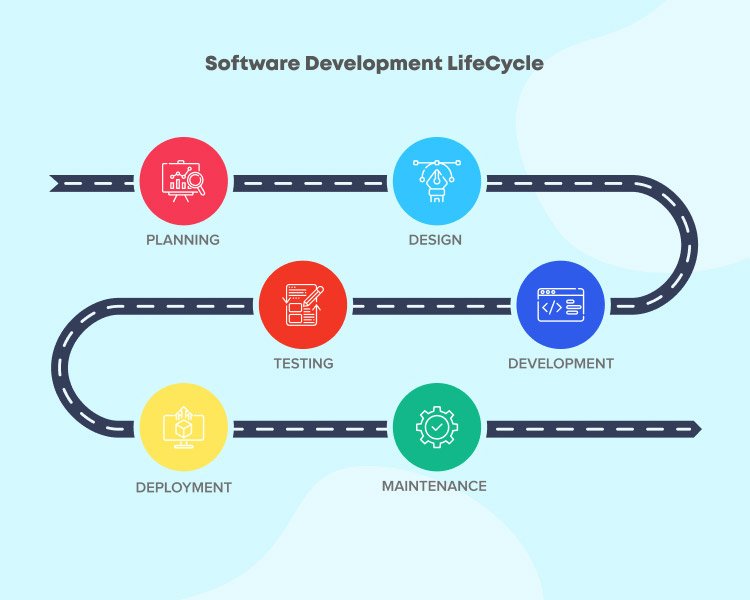
App Development
Working with thousands of business companies around the world for Ideas
Mobile app development is designing and building software applications that can run on a mobile device. Typically, a mobile app makes use of a network connection to work with remote computing resources. Thus, the mobile app development process involves building installable software bundles, implementing backend services such as data access with an API, and testing the application on target devices.

Why is Mobile App Development Important?
If a business has an operating website and not a mobile app, they are missing out on growing their audience and revenues that would follow.
The advantages of mobile app development include:
- Direct-to-Customer Marketing Channel
- Enhanced Customer Experience
- Better Conversion Rate
- Better Conversion Rate

A native app is a platform-specific app that is capable of running only on a particular operating system. In other words, the business would have to develop apps differently for iOS and Android (i.e., to launch an app on both platforms, it will have to be coded twice).
A cross-platform app is coded once and is compatible to run on multiple platforms. In other words, there is a single, unified code that works for both Android and iOS apps.
Cross-platform apps are cheaper to build owing to its platform independent attribute.
A hybrid app is a blend of a native mobile app and a web app. In technical terms, a web application put into a native shell is a hybrid app. These apps are built in a native container but, when downloaded, they showcase content similar to that of a web app.
These apps are easier and faster to develop but might lead to performance issues.


